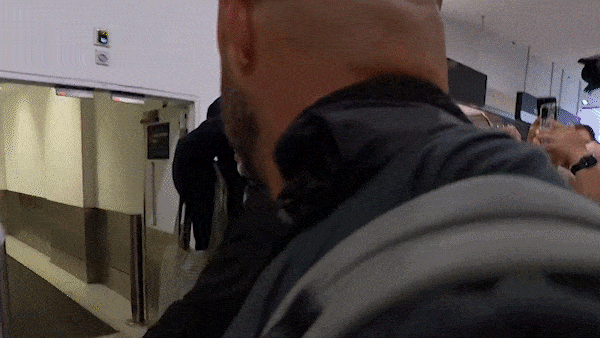Five Points to Consider When Starting a Manufacturing Business

Starting a manufacturing business can be one of the most rewarding and challenging ventures in today’s economy. It takes more than a product idea or technical skill. You need to build a well-oiled machine that produces consistently, meets regulatory demands, and competes in a fast-moving market.
This becomes even more critical if your product involves complex techniques, such as finding reliable insert molding services, where precision and consistency are non-negotiable. The more detailed the process, the more critical it becomes to plan properly from day one. Here are five major points to think about before you commit to that first order or lease your first facility.
Know Your Product Inside and Out
It might sound simple, but many entrepreneurs rush into production before fully developing the product. Every inch of that design needs to be considered. Can it be scaled? Are the materials available year-round? Is it too complex for mass production?
Prototype the product in multiple ways. Test for stress, temperature resistance, wear, and usability. This step helps avoid costly redesigns later. Even small flaws can cause major production delays if you don’t catch them early.
Once your design is solid, consider how the product will be built at volume. Manual assembly might be fine for short runs, but automation saves time and reduces error over time. Think ahead. Mistakes in this area can drain time, capital, and morale.
Secure a Reliable Supply Chain
Your materials must be consistent. That includes their quality, availability, and price. When one supplier fails to deliver, your entire production line can grind to a halt. That’s why supply chain planning is more than logistics. It’s risk management.
Talk to multiple vendors. Ask for references. Request samples and test them. Lock in pricing if possible. And always have a backup supplier ready. If you can’t source a key component quickly, you risk missed deadlines, canceled contracts, and reputational damage.
Also, consider where your suppliers are located. Local vendors may cost more, but faster delivery can prevent costly production stops. Overseas suppliers might be cheaper, but delays and customs risks must be factored into your planning.
Understand Compliance and Certification Requirements
Manufacturing means regulations. From environmental controls to worker safety, you’ll need to meet both local and international standards. Miss a requirement, and you could face fines, delays, or worse.
Start by listing every certification your product and facility may need. These could include ISO standards, CE marks, FDA approvals, or RoHS compliance. Work with experts in your industry. Even better, hire a compliance consultant early in the process.
Documentation is critical. Every step must be traceable. Keep records of material sourcing, inspection logs, and employee training. Audits are part of the territory. Be ready.
Build Around Scalability, Not Just Start-Up
Starting small makes sense. But your setup should allow for growth. Choosing the cheapest tools and systems might help you launch, but you could pay the price later when you need to expand. Equipment upgrades, retooling, and downtime can eat into profits if not planned for.
Layout your facility with future growth in mind. Will you need more storage? Extra machines? Additional labor? Plan for it now, even if you don’t need it yet. This saves time and reduces future disruptions.
Invest in flexible systems. Modular machinery, cloud-based tracking, and scalable automation let you adapt without starting from scratch. And don’t forget your workforce. Training people for future roles makes scaling less painful.
Focus on Production Efficiency from Day One
Time is money in manufacturing. Every wasted minute costs you. Set up processes that flow efficiently. Organize tools, parts, and workspaces to reduce wasted motion. Use lean principles to minimize waste and improve quality.
Track every process. Measure production time, scrap rates, and rework volume. Use this data to improve continuously. Small changes can create big savings.
Automation can help, but it’s not a silver bullet. Even manual systems can be streamlined with smart layout and thoughtful scheduling. The goal is consistency and speed, without sacrificing quality.
Bonus: Build a Strong Support Team
You can’t run a manufacturing operation alone. From engineers to production leads, you need people who know how to keep machines running, troubleshoot issues, and improve results.
Hire for experience and adaptability. A team with technical knowledge is great, but one that can think critically and solve problems quickly is even better. Manufacturing throws curveballs. Your people must be able to react fast.
Invest in training. Processes change. Machines evolve. The more your team learns, the more value they bring. Build a culture where people take pride in the product, care about safety, and continually seek better ways to work.
The post Five Points to Consider When Starting a Manufacturing Business appeared first on Entrepreneurship Life.

























































